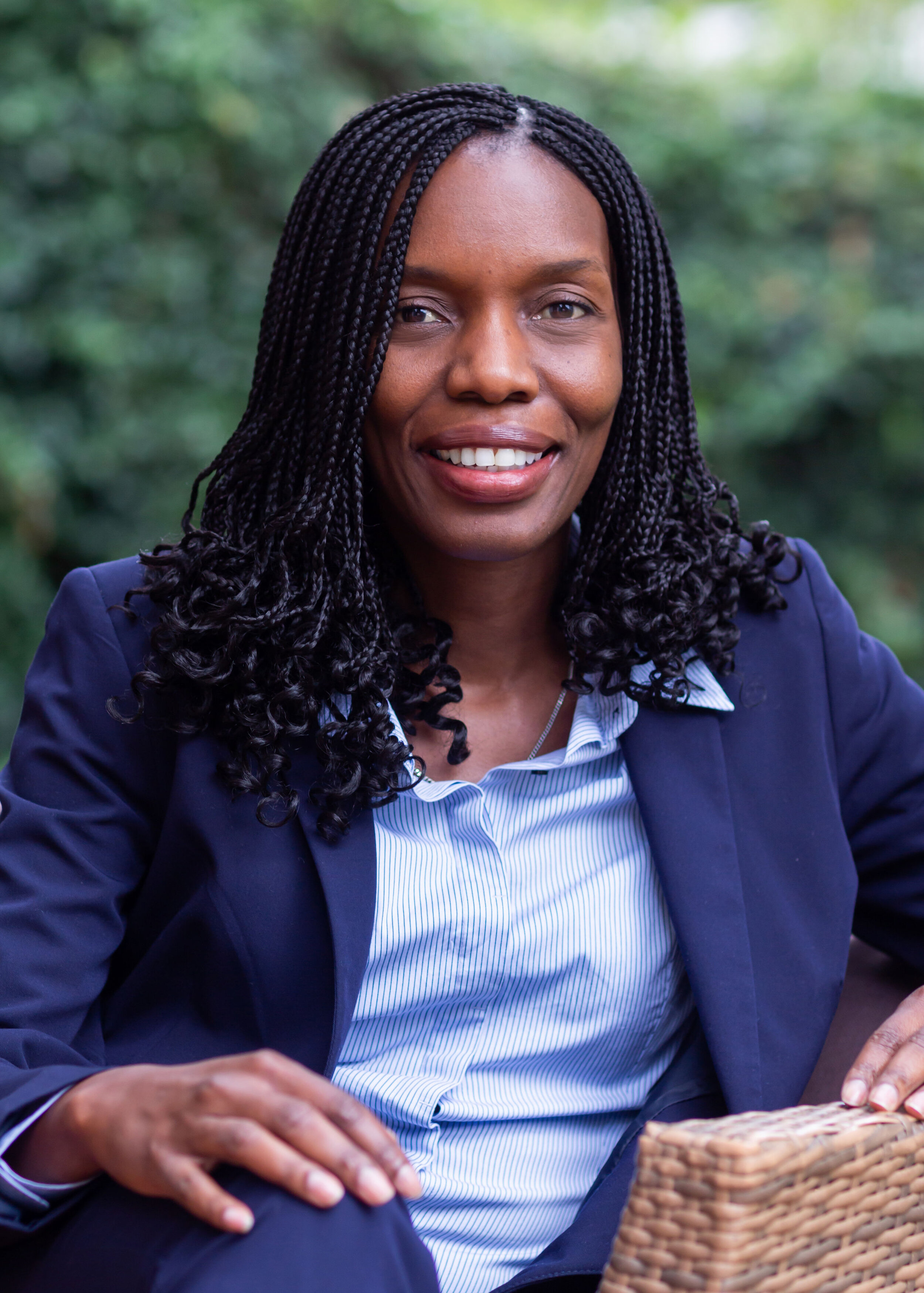by Linda Zuze (PhD)
Is it just me or does it feel as if we spend an awful lot of our time waiting for things to happen these days? Waiting for lockdowns to be lifted. Waiting for schools to re-open. Waiting for financing to keep our businesses going. Waiting to feel better. Waiting for ‘pandemic pivot’ to be yesterday’s buzzword. Waiting for things to get back to ‘normal’.
Waiting can be tough. For a lot of women, learning to cope with this new era of uncertainty has been deeply distressing. But if we think about it, there is a slight upside to waiting. If we remain strapped into the holding pattern, then at least we’re still chasing that dream. There’s a part of us (maybe just a tiny part) that refuses to give up on a future with possibilities.
This week, Statistics South Africa released the results of the Quarterly Labour Force Survey for the second quarter of 2021 and the news was not good. Unemployment has increased by 1.8 percentage points between the first and second quarters of 2021 and is now at a record high of 34.4%, which translates to 7.8 million South Africans who are currently out of work. To get to the official rate of 34.4% unemployment there are millions of people excluded from the calculation because they are not actively seeking employment. These are people who are not looking for employment because they have not been able to find a job. They have given up. When discouraged jobseekers are included, the actual unemployment rate is 44.4%.
Certain industries were hit particularly hard. Finance (278,000 jobs), community and social services (166,000 jobs) and manufacturing (83,000 jobs) were each dealt a severe blow. According to Bloomberg, South Africa’s jobless rate is the worst of the 82 countries that it monitors.
Whenever I look at unemployment data, it’s the discouraged job seekers numbers that worry me the most because these are people who no longer believe that if they just hold on for another day, or week or month, things will get better. For 3.3 million South Africans, change is no longer around the corner. The wait is over.
Lionesses of Africa’s Job Creator’s Survey tells us a lot about what South African women entrepreneurs are doing in the meantime. One thing is clear. Women entrepreneurs have not given up and remain deeply committed to job creation, despite the bleak economic conditions that they face every day. These women are slaying one of the biggest dragons that this country is facing in the form of job creation, with very limited business assistance or external financing.
And by the way, women in South Africa are among the worst hit by unemployment. Black African women are the most vulnerable in the labour market, with a second quarter unemployment rate of 41%. If we use the expanded definition, then unemployment among South African women is currently 48,7%. That’s nearly one in every two women in the South Africa who is currently without work (if we include those who no longer looking for work). Meanwhile it’s women entrepreneurs who are fighting to protect and retain jobs. Remarkably, most women employers are creating jobs within the first year of operation, and some are even actively recruiting new staff.
The reality is that those unemployment numbers would be even worse, were it not for the efforts of women entrepreneurs. As if that were not enough, these women are absorbing a lot of the financial strain personally. To cope with the impact of Covid-19 on their businesses, 70% of respondents said that they had either reduced their own salaries or stopped paying a salary to themselves. Still, they remain confident about the growth of their businesses.
Now imagine what they could accomplish if they were provided with better support for their businesses?
Dr. Linda Zuze is the Research Director at Lioness Data, the research and insights unit of Lionesses of Africa, a 1.3 million-strong community of women entrepreneurs across the African continent. She has over 15 years of experience in policy research. Her studies strengthen links between research, policy, and practice to increase developmental impact. Linda is also involved in programmes to reverse the acute shortage of female researchers across Africa. She has written extensively on topics that address inequalities in education, in the labour market, and access to financial services.


